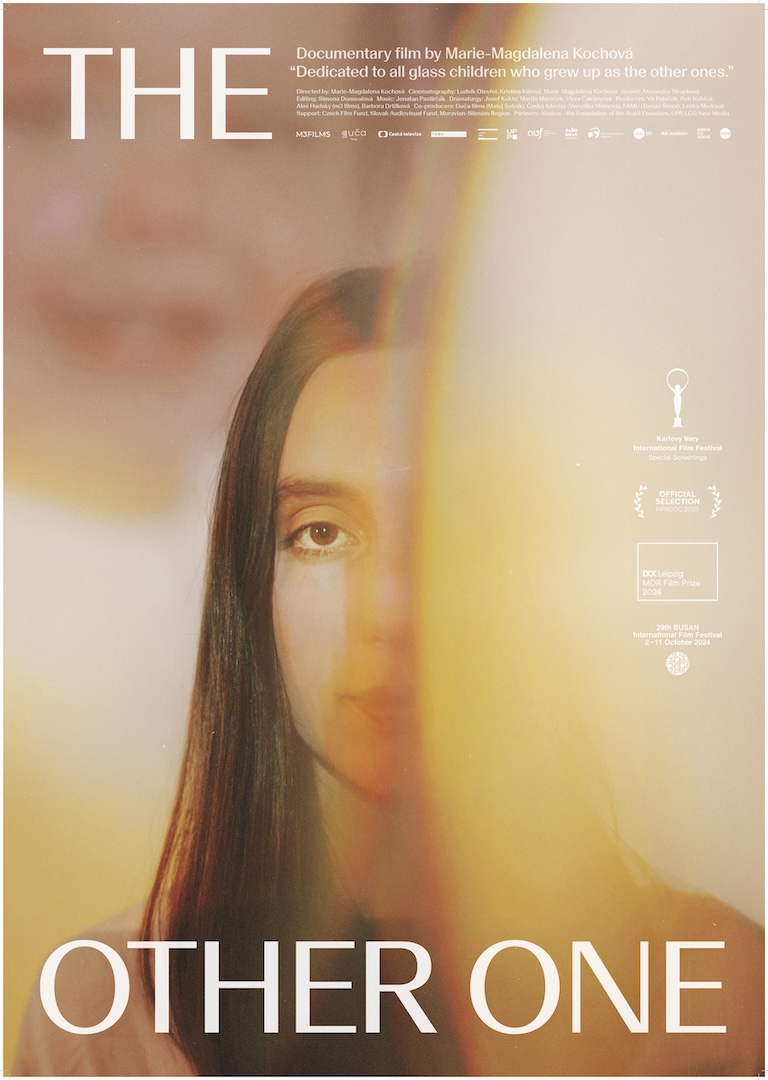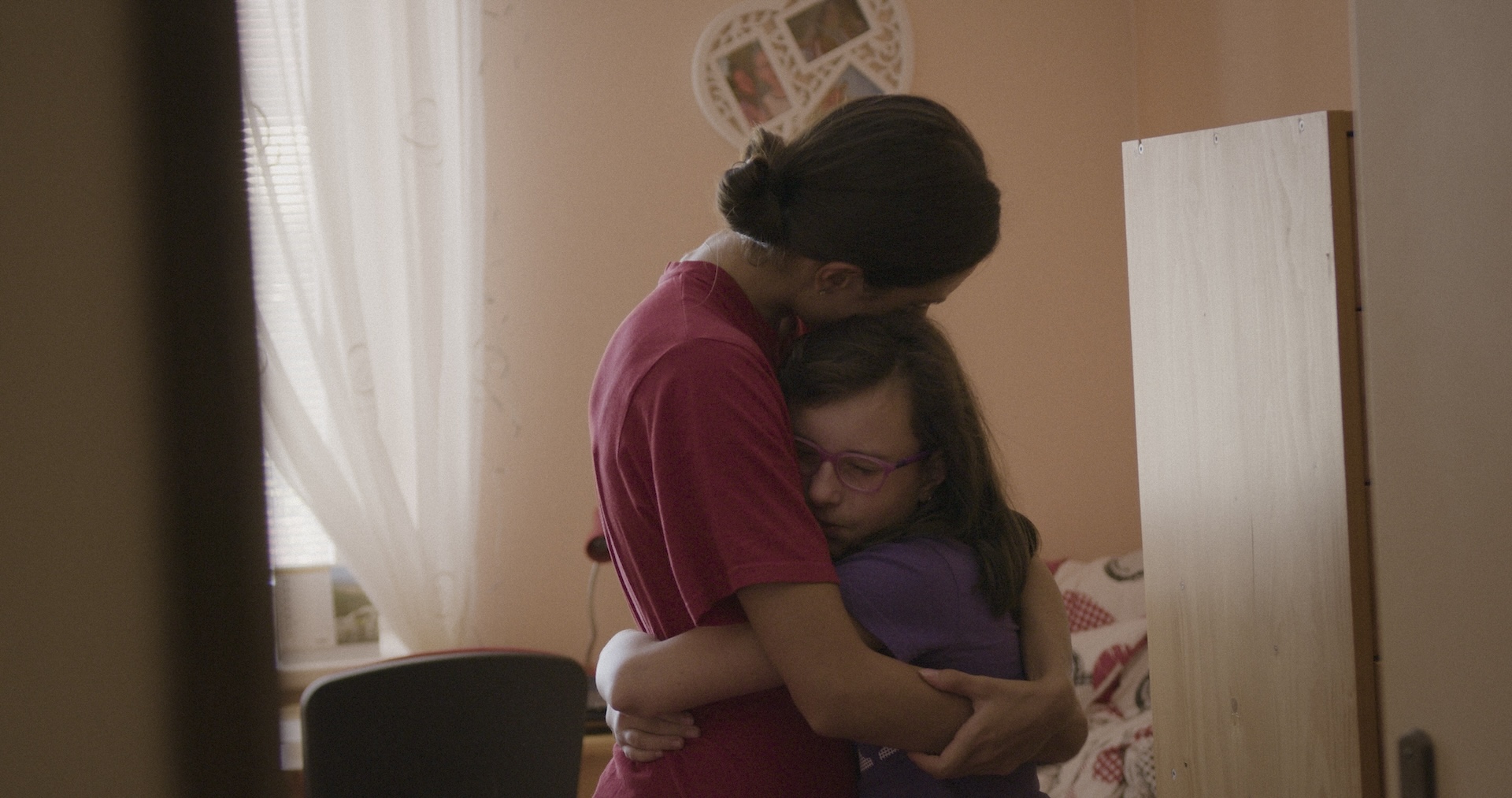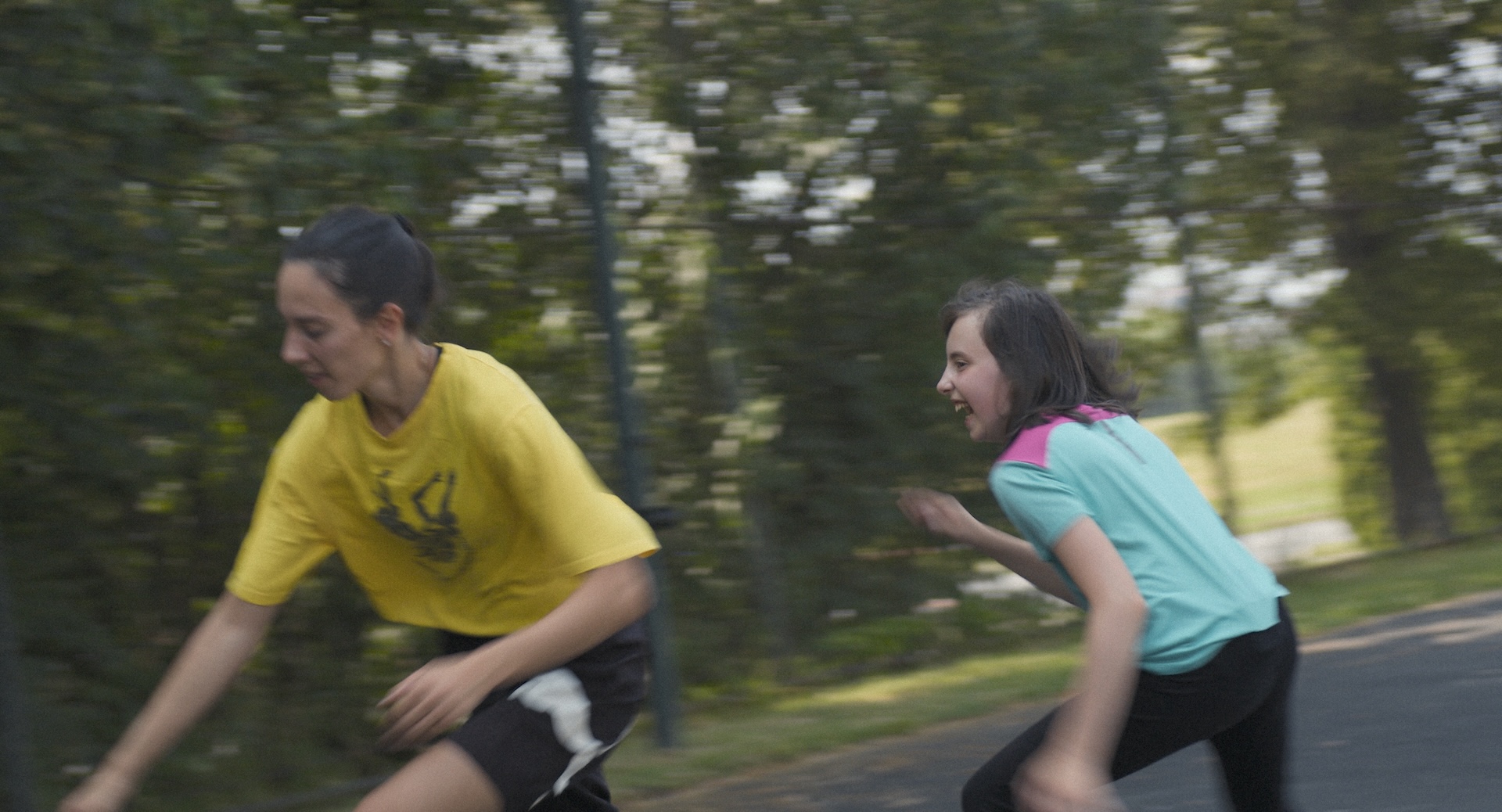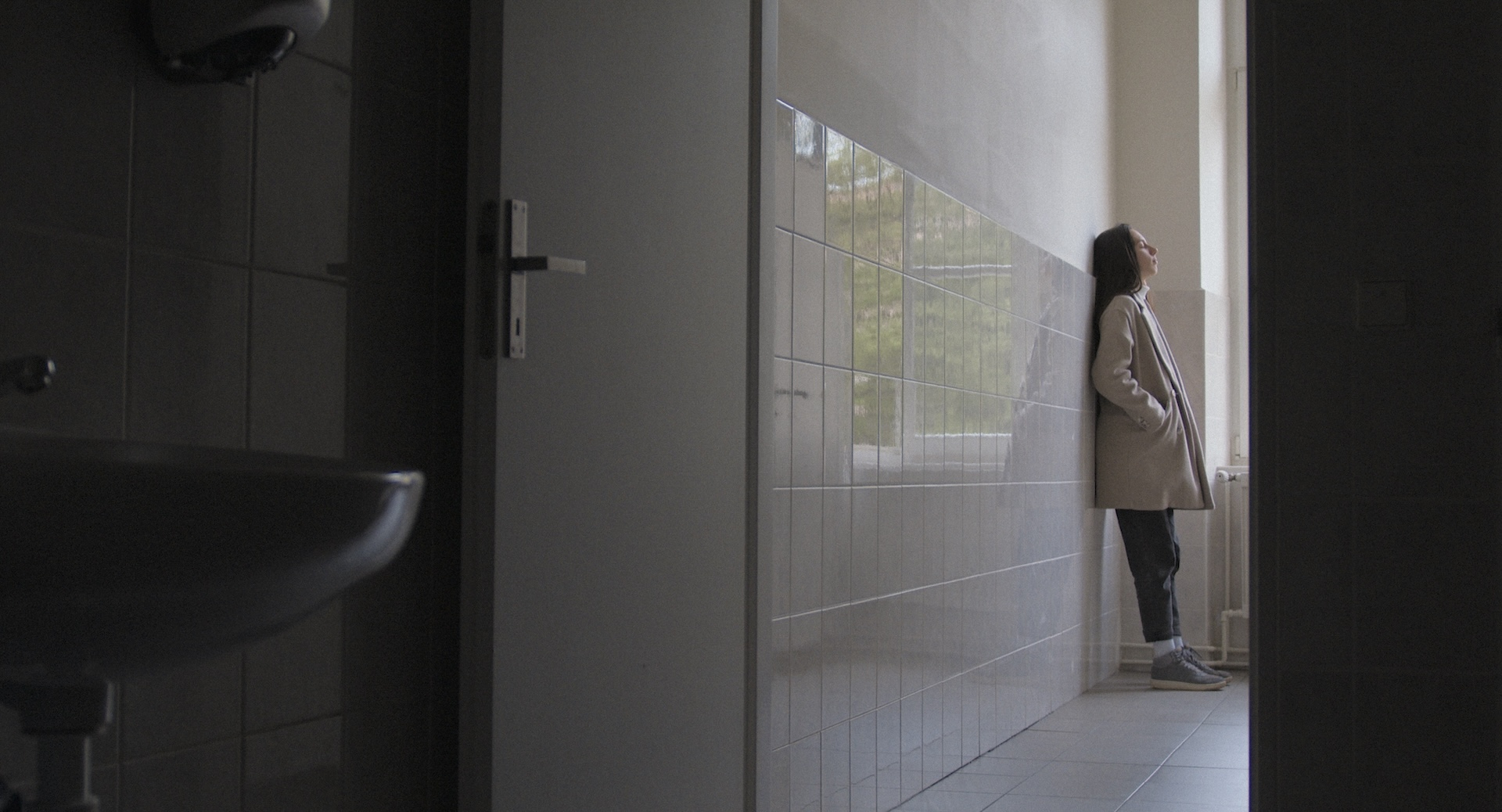Eighteen-year-old Johana wants to leave her hometown. She wants to graduate from high school and go to university. However, her final year of school is more challenging for her than for her classmates. She plays an irreplaceable role in her family – helping to take care of her younger sister, who has a disability. Despite all the love, she has to break free from everyone‘s expectations, find her own space, and escape her sister‘s shadow.
Johana is what is known as a glass child, unintentionally overlooked by her overburdened parents and the rest of the world. Can she overcome her doubts and feelings of guilt and dare to put herself first? This observational documentary film explores the long-neglected issue of healthy siblings in families caring for children with special needs. This intimate film gives a voice to everyone who has ever felt like the other one.







